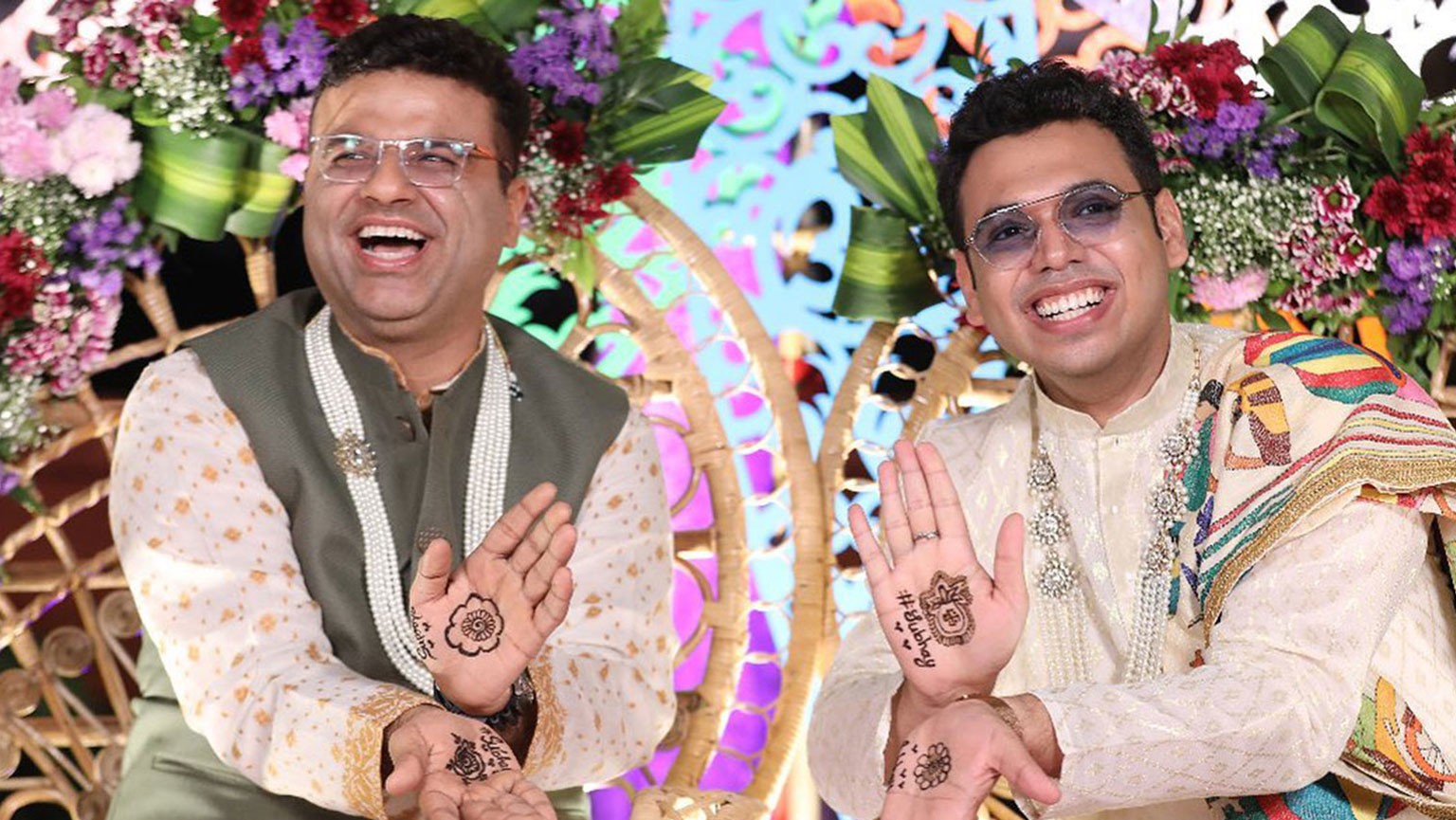Two years ago, Supriyo Chakraborty married the love of his life, Abhay Dang. The union between the men wasn't a legal one, but that didn't dampen the celebrations.
The wedding was the culmination of a long and difficult journey for both men, who grew up in a country where attitudes to sex and sexuality remain largely conservative, and where gay sex remained a criminal act until 2018.
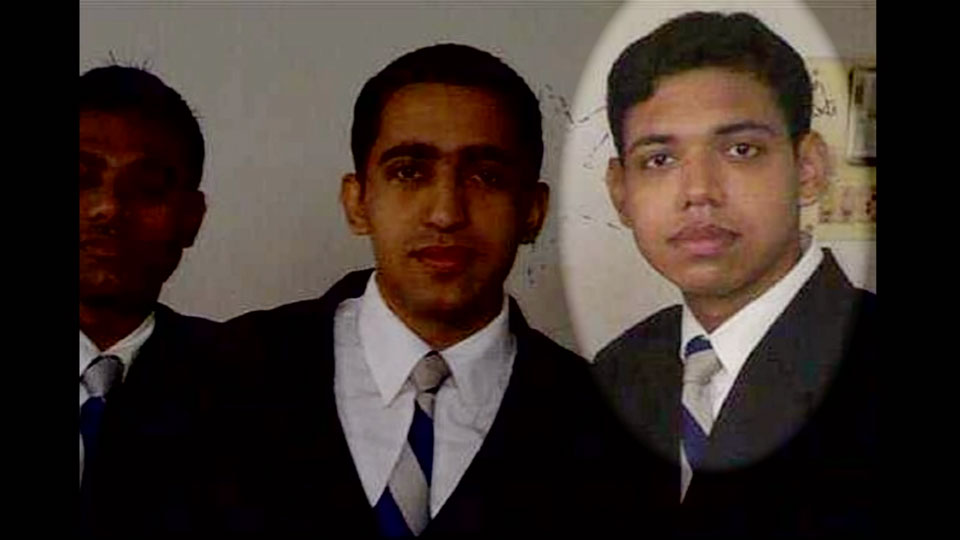
When he was 13, Supriyo had an epiphany: He realized he wasn't attracted to girls. For many years after, however, he couldn't bring himself to tell his parents.
"There are a lot of stages, a lot of phases, there's a lot of self-doubt," he says. He didn't have a job, he adds, and he was worried that if his parents threw him out, he wouldn't be able to support himself.
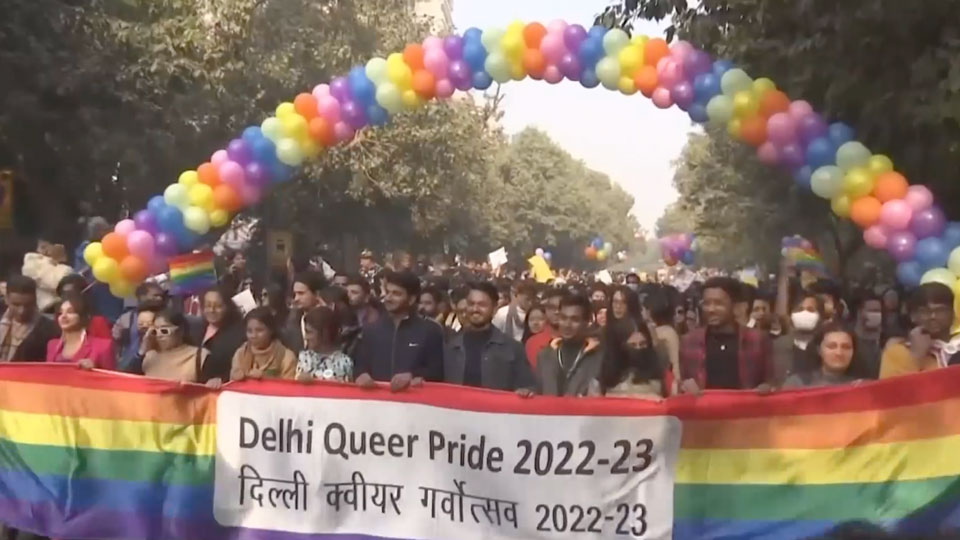
Despite unfavorable views toward same-sex couples in India, attitudes have eased somewhat over the past two decades. As internet access spread in the early 2000s, so too did awareness about the community.
A smattering of activists started Pride marches. Then, in a landmark judgment in 2018, India's Supreme Court ruled that gay sex was no longer a criminal offense, adding fuel to the fight for LGBTQ rights.
For Supriyo, who had finally come out to his parents six years earlier, the judgment was a life-changing moment.
"It took me so many years to figure out how to tell my parents I'm gay," Supriyo says. "However, for my mother it was very sudden, and the way she handled it, I think she's the real warrior, and she is an amazing mother and human being."
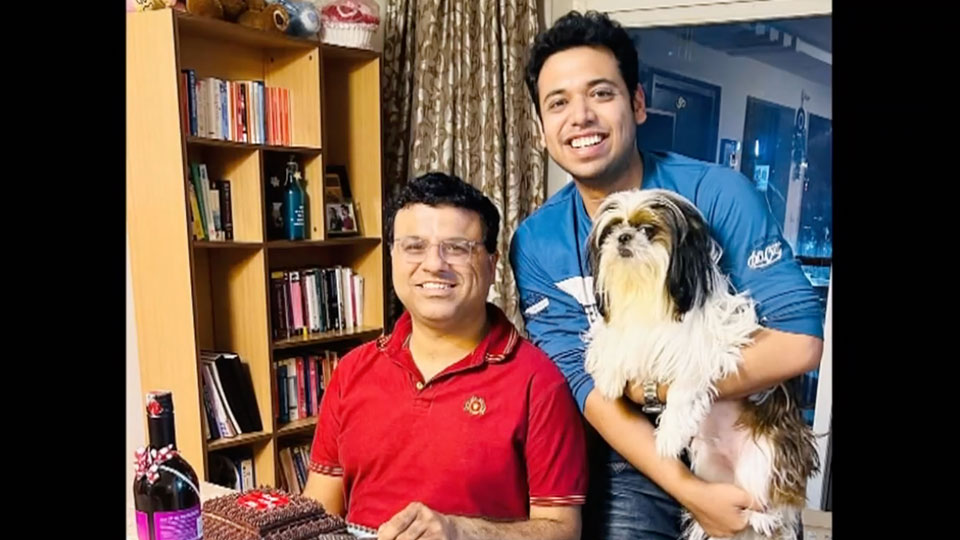
With their families' support, the couple moved in together in 2013. Ten years later, they are yet to clear the final hurdle — recognition in the eyes of the law. The result is that they're denied many of the rights that are taken for granted by heterosexual couples. In the event of a medical emergency, for example, neither would have visitation or decision-making rights for the other. Similarly, they have no right to inherit the other's assets.
Last November, the couple went to the Supreme Court and petitioned the judges to legally recognize their marriage. The court has heard from about 20 couples, in a case that has garnered worldwide attention.
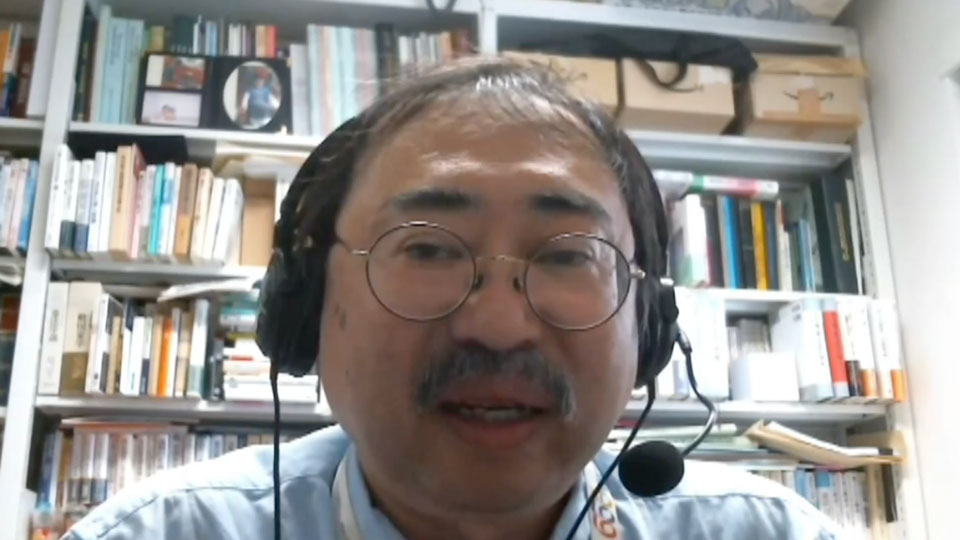
The progression to court may seem like a step forward, but experts say the situation isn't as rosy as it seems. For one thing, they say, the government and religious leaders remain strongly opposed to legal recognition for same-sex unions.
"Even if the Supreme Court doesn't side with the government, it wouldn't mean the law has to be changed right away," says Asano Noriyuki, a professor at Kansai University. "There are a lot of steps before same sex marriage becomes legal."
Notwithstanding this obstacle, views in the broader community are continuing to shift, he says. Indians are increasingly traveling abroad, and their experiences overseas are making them more open to the idea of same sex marriage. The case may even set a precedent for other countries whose courts and lawmakers are at odds.
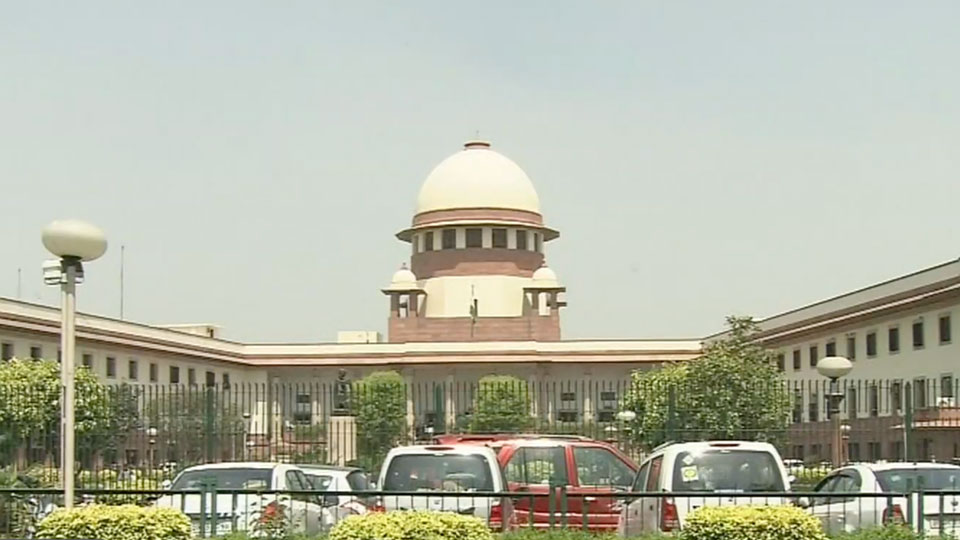
As the ruling in the matter looms, India's LGBTQ community is gripped by both hope and apprehension. Many are keenly aware that no matter the outcome, there is still a long road ahead.
